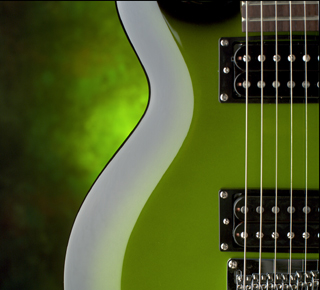About Classical Music
Classical music is a brilliant way to build listening skills, cultural knowledge and musical vocabulary. This section turns famous works, composers and styles into quick, teacher-friendly quizzes that support learning at home or in school.
Children and parents can explore big musical ideas, like how opera combines drama and music, what makes a piece “romantic”, or why certain melodies are instantly recognisable in films and adverts. Quizzes such as A Night at The Opera and Absolute Classics help learners spot key works and build confidence with musical terms. Made in Britain highlights home-grown composers, while A Range of Romantics focuses on expressive music and mood.
For parents, this is an easy way to support Music without needing specialist training. Play a quiz, read the feedback, then listen to a short clip of the piece afterwards. That simple routine helps knowledge stick and makes classroom learning feel more meaningful.
Official curriculum guidance: National curriculum (GOV.UK).
Frequently Asked Questions
Do I need musical training to use these quizzes?
No. The questions are designed to be accessible, and the feedback explains key ideas clearly, so learners can build understanding as they go.
What ages are these quizzes most suitable for?
They are ideal for confident readers and music learners, especially around early secondary age, but families can play together and adapt the challenge for younger children.
How can we make classical music feel less intimidating?
Start with well-known pieces, then listen to a short clip after the quiz. Recognising a melody in a film or advert often makes learners feel instantly more confident.
Can these quizzes support school Music lessons?
Yes. They help with musical vocabulary, styles, composers and cultural context, making them useful for revision, homework or extension tasks.
Author: Ian Miles (Qualified Linguist and Freelance Tutor)
Top of Page





























